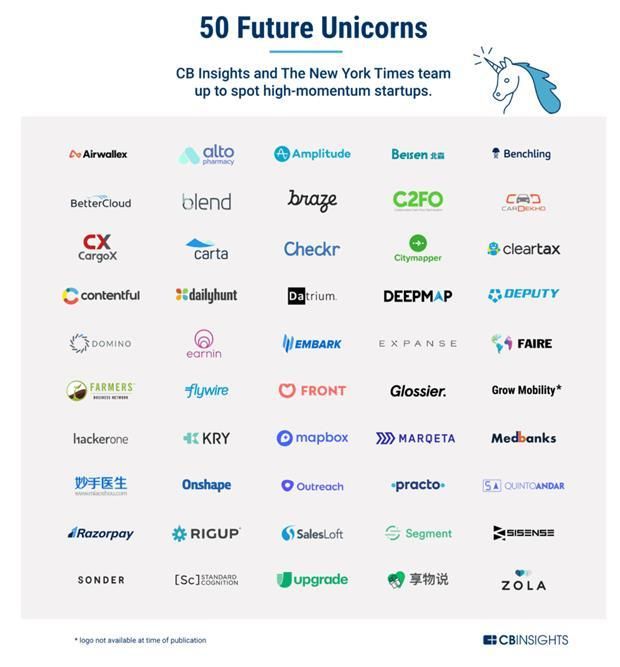
Imagine trading stocks, forex, or even cryptocurrencies without actually owning the assets. Instead, you speculate on their price movements and aim to profit from the swings. Sounds pretty appealing, right? That’s where CFD brokers come into play—a gateway into versatile, fast-paced financial trading that’s reshaping how individuals and institutions participate in markets.
Unlocking the Power of CFD Brokers
At its core, a Contract for Difference (CFD) broker is a platform that lets you trade derivatives based on the price movements of a wide array of assets—be it stocks, currencies, commodities, indices, or cryptocurrencies—without needing to buy or sell the underlying assets directly. Think of them as the modern bridge connecting everyday traders with the big, complex financial markets, offering both opportunity and unique challenges.
How Do CFD Brokers Work?
Trading CFDs is like placing a bet on whether the price of an asset will go up or down. When you open a position, youre essentially entering into an agreement with the broker to pay or receive the difference in the assets price from the time you enter the trade until you close it. It’s a straightforward concept, but the mechanics involve some clever tech—advanced algorithms, real-time data feeds, and sometimes, high-leverage options that amplify both potential gains and risks.
For example, if you think gold prices are headed higher, you can buy a CFD on gold. If the price rises, you profit proportionally. If it falls, you face a loss. But you never own the gold—youre only betting on its moves. That’s precisely what makes CFD trading flexible and accessible for retail traders.
Features That Shape CFD Trading
One big advantage: margin trading. That’s the ability to open positions larger than your initial deposit, thanks to leverage. While leverage can multiply gains, it also amplifies potential losses—meaning cautious risk management is key. CFD brokers often provide demo accounts, so you can practice deploying strategies like stop-loss or take-profit orders before risking your hard-earned cash.
Another point worth noting: the diversity of assets. With CFD brokers, you don’t just trade forex; you gain access to stocks, indices, commodities, and even crypto, right through a single platform. This multi-asset approach allows traders to diversify effortlessly and capitalize on different market trends simultaneously.
Advantages and Market Outlook
The big selling point for CFD trading—especially amid the rise of Web3 and decentralized finance—is its flexibility. Imagine being able to switch from trading oil to Bitcoin in minutes, all within a secure, tech-driven environment. This instant access to global markets means more opportunities, more data-driven insights, and, hopefully, more profits.
Now, technology evolution is a double-edged sword. On one side, advanced AI-driven tools and real-time chart analysis are making trading smarter and more accessible than ever. On the other, we’re witnessing the birth of decentralized finance (DeFi), with some platforms experimenting with decentralized exchanges and smart contracts. These innovations promise transparency and reduced reliance on centralized brokers but also introduce new challenges like network security and regulatory uncertainties.
Looking ahead, we might soon see AI-powered automated trading systems and blockchain-based contracts become mainstream in CFD trading, making markets even more efficient. But be cautious; rapid innovation brings risks, especially for traders unfamiliar with these cutting-edge tools.
What to Watch For
If you’re diving into CFD trading, remember: leverage is a double-edged sword. Keep a close eye on your risk exposure and adopt disciplined strategies—set your stop-loss orders and avoid over-leveraging just to chase bigger gains. As technology advances, choose brokers with robust security protocols and transparent fee structures.
In a world where decentralized finance is gaining traction, stay informed about evolving regulation and the tech landscape. The future of CFD trading is likely to blend advanced AI, smart contracts, and decentralized platforms, opening new horizons but also demanding smarter risk management from traders.
Ready for the Future of Trading?
CFD brokers are more than just trading platforms—theyre gateways to a dynamic, multi-asset universe, powered by cutting-edge technology and innovation. Whether youre a casual trader wanting to hedge or an experienced investor seeking diversification, understanding how these brokers work is your first step toward smarter, faster, and more flexible trading.
In this fast-evolving financial arena, agility and adaptability are your best allies—embrace the future with the right tools, knowledge, and mindset. After all, trading isn’t just about making money; it’s about navigating the waves of change confidently.
Trade smart. Stay ahead.